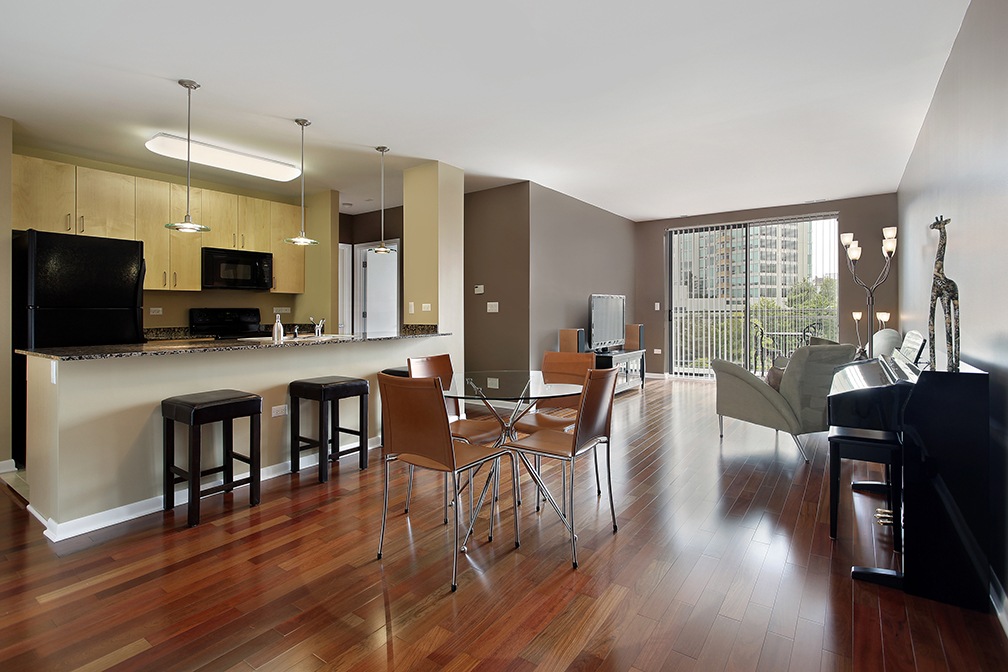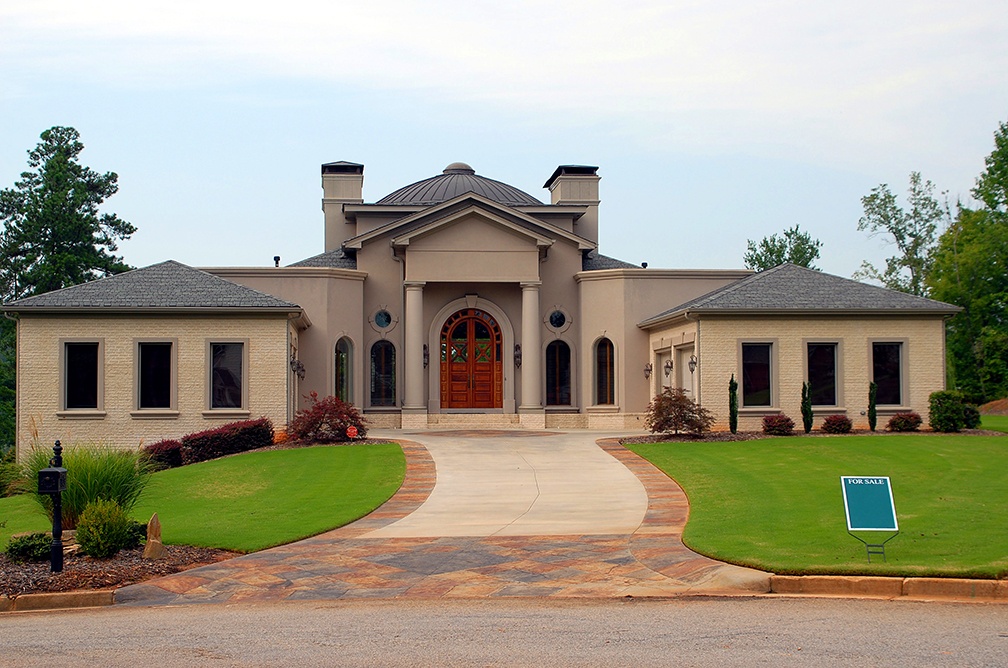Buying a Home in a Fire Risk Area: Here’s What You Need to Know
 Outside of the significant financial responsibility of delving into home ownership, there can also be a lot of other risks involved that you may not have thought about before investing in a home. You’ll need to protect your home against theft or burglary. And homeowner’s insurance to protect your home and belongings is almost a requirement. But there are other less common occurrences you may not have thought about. If you happen to be living in an area that’s at high risk of fire, here are some things to consider beforehand.
Outside of the significant financial responsibility of delving into home ownership, there can also be a lot of other risks involved that you may not have thought about before investing in a home. You’ll need to protect your home against theft or burglary. And homeowner’s insurance to protect your home and belongings is almost a requirement. But there are other less common occurrences you may not have thought about. If you happen to be living in an area that’s at high risk of fire, here are some things to consider beforehand.
Defining “High Risk”
It’s easy to be swept away by a beautiful home and forget about what the natural landscape around it consists of. Many homes across the United States are built in areas close to trees and shrubs, which can be dangerous in times of high temperatures, so it’s important to do your research. While hot spots can occur in many different areas, California and the southwest region are particularly vulnerable in times of drought.
What It Means For Your Mortgage
Nearly all homes can be adversely affected by a fire so it’s important to realize that buying in a high-risk area will not impact your ability to get a mortgage. It can, however, impact some of the costs associated with investing in your home. While homeowner’s insurance is a requirement of buying a home and it will generally cover you in the incidence of a fire, it can be a bit pricier. Fortunately, you may be able to guard against some of the additional costs by purchasing a home with materials that are more fire resistant.
In The Event Of Fire
If the worst happens and your home incurs damage from a fire, you’ll want to assess the extent of the damage before making a decision. For a home that is minimally impacted, you may want to use insurance to repair the property. However, if the property is significantly or completely destroyed, a payout may be required in order to pay off the mortgage. Before purchasing a home in a fire-prone area it’s best to be aware of all aspects of your insurance policy so you can be prepared.
It’s a more significant risk to buy a home in a fire-prone area, but you can be prepared for the worst by knowing your options. If you’re currently considering purchasing a new home, contact your trusted mortgage professional for more information.

 Whether the kids have moved out or you just aren’t using the extra bedrooms, having a house that feels ‘too big’ is rarely fun. In today’s post, we will share a few changes you can expect when you downsize from a large house to a smaller apartment or condo.
Whether the kids have moved out or you just aren’t using the extra bedrooms, having a house that feels ‘too big’ is rarely fun. In today’s post, we will share a few changes you can expect when you downsize from a large house to a smaller apartment or condo. Buying a home for the first time? One of the key considerations you’ll need to make is just how much ‘house’ you want to buy. While going minimal might seem like a good idea to save on costs, having a smaller living space can end up cramping your lifestyle in many ways. Let’s take a look at three great reasons why your first home should be roomy, spacious and luxurious.
Buying a home for the first time? One of the key considerations you’ll need to make is just how much ‘house’ you want to buy. While going minimal might seem like a good idea to save on costs, having a smaller living space can end up cramping your lifestyle in many ways. Let’s take a look at three great reasons why your first home should be roomy, spacious and luxurious.